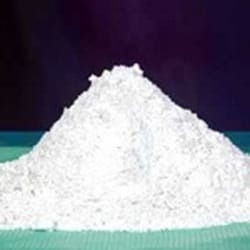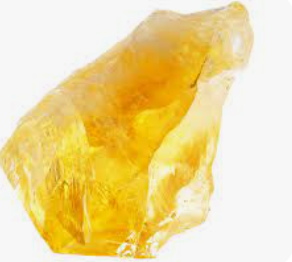Cardanol
|
IUPAC Name |
: 3-[(8E,11E)-pentadeca-8,11,14-trienyl]phenol |
|
Cas Number |
: 37330-39-5 |
|
HS Code |
: 1302.19.30 |
|
Formula |
: C21H30O |
Basic Info
|
Appearance Name |
: Light yellow liquid, transparent |
|
Common Names |
: Cardanol triene |
|
Packaging |
: 200 KG Iron Drum |


---china.webp)
.webp)


